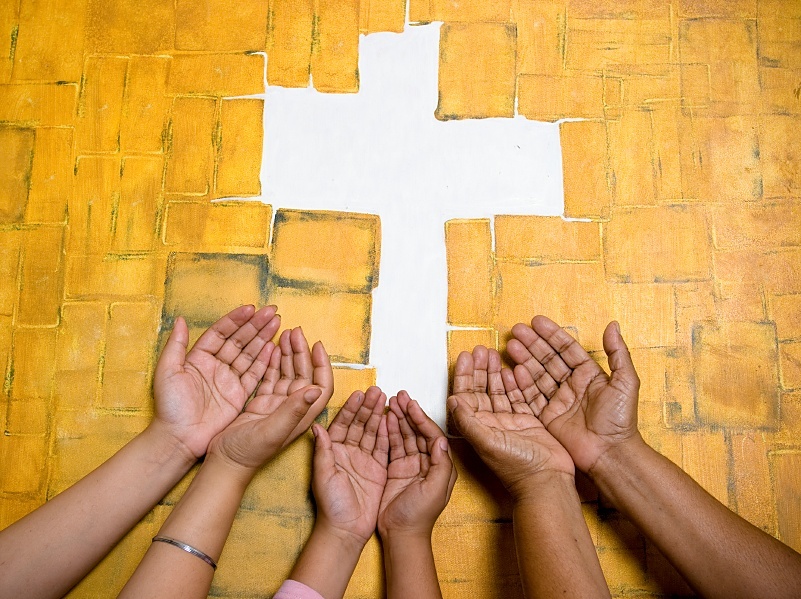June 23, 2014
Last Saturday I had a unique experience, and at my age not many things that I do are new. I was invited by the Methodists of West Michigan to participate in their ordinations. I’m sure the privilege of participating was extended to me because I’m the ecumenical and interreligious dialogue officer for the Diocese of Grand Rapids.
The event was held at Calvin College in the Fine Arts Building, and the ordinations took place on the stage of the auditorium. The Bishop of the Michigan Area of the United Methodist Church, Bishop Deborah Kiesey, presided.
As the ceremony began I was struck by the fact that much of the liturgical action resembled Catholic liturgy. The songs, with one exception, were songs I have sung and prayed with for many years. The call to ordination for the deacon and the elders who were to be ordained were much the same as the call to ordination of a Catholic deacon or priest. The invocation of the Spirit was the same song that we Paulists had sung at the recent ordination of our own Father Jimmy Hsu, CSP. I was given the privilege of laying hands on the ordinands at the time the bishop laid hands on them. The instructions of the bishop to the ordained were much the same as the instructions Catholic Bishops give to their deacons and priests at the time of ordination. We prayed the Lord’s prayer together.
The service of Communion which followed is not unlike our Eucharist. Whole bread was used and distributed. The cup was blessed. Methodists take the bread in their hand, and then dip it into the cup which signifies Jesus’ blood. Methodists believe that eating the broken bread and participating in the cup makes them partakers of “the body and blood of Christ in a spiritual manner until he comes.” We Catholics believe that in eating the consecrated bread and drinking the consecrated wine we receive the body and blood of Christ.
The dismissal rite for the Methodists is very similar to the one we use as Catholics. The service lasted about 90 minutes. Catholic ordinations would be only 15 or so more minutes in length.
After the ceremony I said – to no one in particular, but to a group which grew around me – “The ceremony reminds me a great deal of our Catholic ordinations.” One of the elders answered, “That’s because we borrowed a lot of it from you (Roman Catholics). Another elder piped in, “Yes. You were there before we were.”
Throughout the ceremony, because so much of what we were doing was so familiar and similar I could not help but think: “Why? Why are we divided? Why are these wonderful people with such deep faith in Christ and his mission still separated from we who are Catholic with faith of the same quality and awareness of mission just as deep? Why?” I understand the historical reasons for which we as Christians are divided, but I cannot help but reflect that it was not what Jesus wanted.
And so, I’m urging you to renew your commitment to pray frequently for unity among all the Christian faiths, so that we might soon again be the Church that Jesus intended us to be: “That they all may be one, Father as you are in me and I am in you.” (John 17:21)
